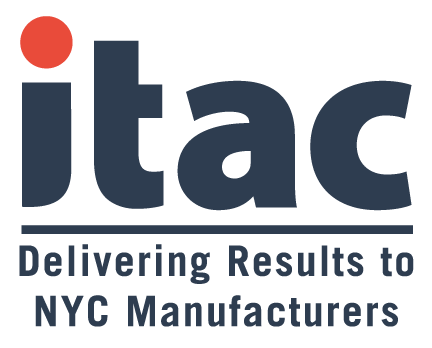Executives must step forward and directly address issues affecting business, consumers and communities. Industrial Leaders’ Time to Shine.
Trade wars, tariffs, climate change, burgeoning global pandemic and so forth. These are the topics that are dominating global headlines because they have a massive impact on our world. For this reason, we can expect they will continue to dominate.
We regularly hear from politicians, economic experts, and academics on these topics. But hearing from the same people over and again makes it increasingly clear who we’re not hearing from as often: Leaders of the global industrial businesses who have a great stake in these challenges and are navigating the impact thereof deepest levels day-to-day.
These issues present an opportunity for industrial leaders – those leading companies that make and move goods at scale – to step forward and help colleagues, customers, partners and the world better understand how these issues are impacting business, consumers and communities. The world wants to hear from the companies with physical footprints across the world because they have insight into our global ecosystem. What lessons are these companies learning? Where do they see the greatest risk? What investments and innovations they are making to build in more resiliency and agility into our increasingly connected world?
Why Industrial Leaders? Why Now?
Industrial companies act as leading indicators of larger economic wellbeing. And, the wind has been changing frequently. At the end of 2019, sentiment was very much that we are on the edge or even already past peak in industrial growth.
But, sentiment shifted. The Institute of Supply Management released their January 2020 Manufacturing Report on Business at the beginning of February, and for the first time in several months, many respondents shared positive outlooks, despite continuing trade challenges across industries. Additionally, global manufacturing data is indicating stabilization in 2020, a rebound from the slow-down driven by the ongoing U.S.-China trade war.
Enter a new and major concern this month to turn the tide again—coronavirus or COVID-19. Beyond the human toll of the COVID-19 global health crisis, the virus is introducing a new kind of economic disruption. And with it, widespread panic. Supply chains are being heavily taxed and starting to break down. There is little insight from leaders on how long they can sustain the current situation, what steps are being made to correct it or what the lasting impact will be.
This instability is felt far beyond the walls of any one facility or nation. Industrial leaders are in a position to shed light on what it means for our economy, our companies and our communities.
Questions In Need of Answers
Industrial leaders can and should weigh in on these topics. It’s an opportunity to showcase their own values and achievements to employees, customers, investors and other stakeholders, while providing much needed information to wider audiences. Here are some elements of your messaging to consider:
- Educate others
- How are you managing, anticipating and addressing risk to your supply chain?
- Explain the complexity of the supply chain and where the surprises are – what lessons learned can you share?
- Be transparent
- How are you communicating to vendors, customers, etc. during times of volatility?
- What questions are you being asked? What questions are you, in turn, asking?
- Look ahead
- What advice do you have for other companies in similar situations?
- What predictions are you making or considerations are you factoring in moving forward?
In Action
Stepping into the spotlight doesn’t have to be a giant leap; leaders can take small steps that will have a lasting impact. Start with consistent, transparent internal communication to employees. Provide updates, and be open to feedback. Take a similar approach with stakeholders and investors: don’t wait for questions, be proactive and establish a steady stream of communication, adjusting cadence as needed.
Then it’s simply about being where your audience is. Show up in the stories your partners, customers and communities are scanning for answers, and stand up on the stages they’re sitting in front of. This is an important part of establishing trust with those who matter most.
When you look at which leaders speak out, most often it’s B2C companies, with Patagonia CEO Rose Marcario being an excellent example. She regularly speaks out to drive home her company’s larger mission—to save our home planet. She goes beyond speaking and matches donations to grassroots environmental organizations, sharing gains and showing progress along the way. There’s no confusion about where she and the company stand on the climate crisis, and consumers notice and support it.
But there are great examples among industrial B2B companies. Even, one comment or quote can go a long way, and should be fit to align to your larger company mission and speak to your most important stakeholders:
- Carlos Tavares, PSA Group CEO, didn’t hold back about the negative impact that the uncertainty around the Brexit deal was having on his company, his employees – even the next generation of people in the U.K. He took a stand on what was important to his industry, community and country, and he voiced frustrations that were felt by many. Hearing this from a prominent business leader is rare and validates the concern from an economic perspective.
- Hasbro, Mattel, Funko and Spin Master weighed in during earnings about the impact tariffs could have on their companies, the toy industry and what it all means for consumers at Christmas. More recently, Apple shared that it won’t meet its revenue projections for the current quarter due to the coronavirus outbreak. The details provide insight into the larger supply chain issues companies are facing with a level clarity people are looking for. Earnings is a great opportunity to shed light on these issues, but there’s opportunity here to do and say more, even when it doesn’t materially impact company performance.
- Dan K.Erberhard, CEO of Canary, an independent oilfield services company, wrote about the vulnerability of the oil and gas industry due to the ongoing trade war with China. He paints a picture of the current and potential future state of the oil industry, along with risks that need to be monitored for. A contributed opinion piece was a simple yet effective strategy that allowed him to weigh in on sensitive issues while tightly controlling his message.
If industrial leadership steps into the spotlight, they can help calm, educate and inspire a broad audience looking for answers. This simultaneously allows them to use their platform to spread their company’s message and mission.
Current and future customers, partners and other business leaders will notice, and they’ll remember who stepped up to connect and provide clarity and counsel during times of uncertainty.
The insight is from IndustryWeek.com. You can read the full article by clicking here.






